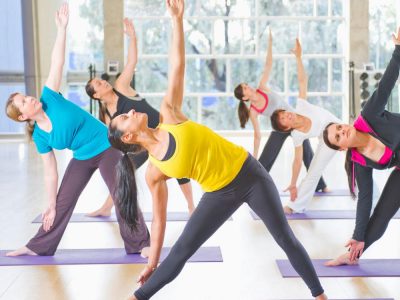6. Help Skin Health
Your skin can be affected by the number of oxidative stress in your whole body.
Oxidative stress happens as the antioxidant defenses of your body can’t completely repair the damage which free radicals cause to skin cells. This can cause damage to their internal structures as well as deteriorate your skin.
Although intense and exhaustive physical activity can help in oxidative damage, regular exercise can increase the body’s production of natural antioxidants, which are proved to help protect skin cells.
Exercise can also stimulate blood flow and induce skin cell adaptations as well to help delay skin aging.

7. Help Your Brain Health and Memory
Exercise can protect memory and thinking skills and improve brain function by increasing your heart rate, which contributes to the flow of blood and oxygen to your brain.
It can also stimulate the production of hormones to enhance the growth of brain cells.
Additional, the ability of exercise to prevent chronic disease can cause benefits for your brain because its function can be affected by these diseases.
Regular physical activity is extremely important in older adults since aging, which is combined with oxidative stress and inflammation, can promote changes in brain structure and function.
8. Help With Relaxation and Sleep Quality
Regular exercise can help you have better relaxation and sleep.
In terms of sleep quality, the energy depletion occurring during exercise stimulates recuperative processes during sleep. In addition, the increase in body temperature during exercise can improve sleep quality by assisting it to drop during sleep.
Moreover, maintaining regular exercise also seems to be beneficial for older people, who are commonly affected by sleep disorders.
You can be flexible with the kind of exercise that you choose. Either aerobic exercise combined with resistance training or aerobic exercise alone can equally help sleep quality.

